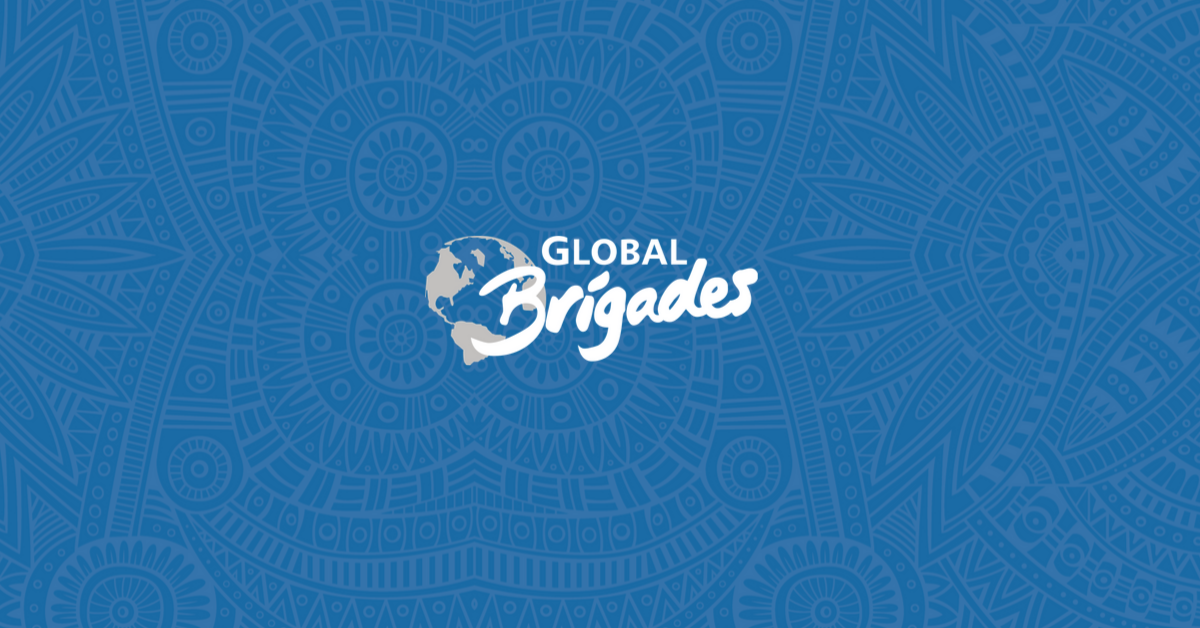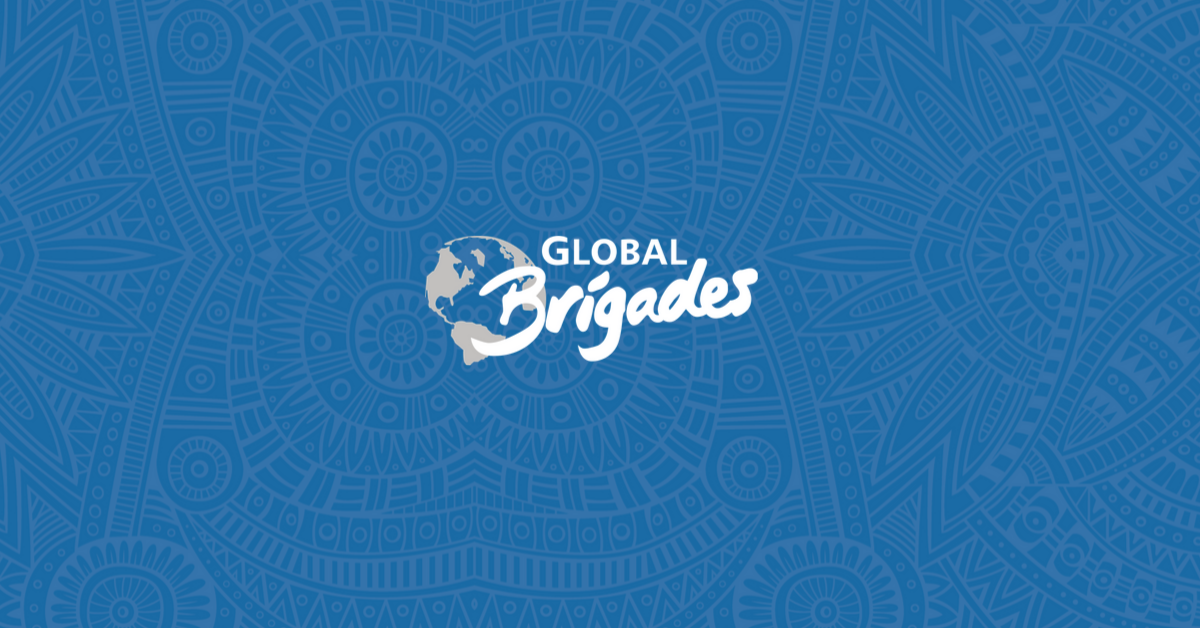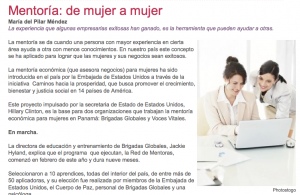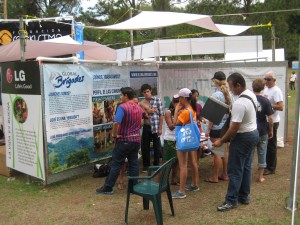Check out this awesome article recently featured on the USC Marshall School of Business web page, and visit the site to see the corresponding video: http://www.marshall.usc.edu/videos/reflections-global-business-brigades-excursion-panama
From the Journal of Scott Fairbanks (Class of 2013)
Over winter break, I traveled to Panama with 20 other Marshall students. It was an unforgettable experience, but not because it was a week filled with hours on the beach, hiking, or exploring the nightlife. Instead, we were on a small, indigenous island called Carti Tupile—miles off the coast without any running water and virtually no electricity.
We were on a trip with the business division of the multinational nonprofit organization, Global Brigades, which defines itself as:
“…the world’s largest student-led global health and sustainable development organization. Since 2004, Global Brigades has mobilized thousands of university students and professionals through nine skill-based service programs to improve quality of life in under-resourced communities.”
Everyone on the trip decided to “give up” a week of our winter break to volunteer on this remote island, help the community members with a struggling business, and immerse ourselves in their culture. For a week, we lived alongside the people of Carti Tupile. We slept in the same hammocks and mud-floored huts as they do. We used the same restrooms—outhouses over the ocean. We learned some of their language. We ate their food, including fried plantains, breadfruit, and chicken. We were easily beaten in soccer. We were even asked to participate in a wake for the passing of a 6-month-old child. We didn’t just live near the Kunas, but with them.
Over the first couple of days, we primarily collected information about the business practices of a small store on the island. After our period of observation, we employed the skills we’ve acquired in classes back home and during internships to work on developing actionable solutions to the core business issues we uncovered. By the end of our time in the community, we presented four workshops to business people and non-business people alike. We focused our seminars on operations, communication, profit allocation, and accounting. It was extremely rewarding to see the expressions on community members’ faces when they understood how the information we provided could make an impact, and to make out from Tule-Spanish and Spanish-English translations that the Kuna community could not wait to have a meeting to formally implement our recommended changes.
Add countless hours of playing with the island’s children, incredible bonding among all of the students on the trip, and a broadened perspective, and you undoubtedly have an amazing experience.
We’ve been reminiscing about our time and wishing we were back ever since we all returned to school. Each and every student on the trip has a new or renewed passion for social entrepreneurship, and many are currently seeking summer internship and career opportunities with companies that value social responsibility.
While I’ve done my best to convey the value of this experience, I also feel like words are completely insufficient to describe my time in Panama. As with many other experiences in life, you can never dream of what it will be like until you take part yourself. Whether or not it is with Global Brigades (they do have a division for working professionals), I encourage anyone reading this to take some time to volunteer and allow yourself to have an experience that will refresh your perspective.
Scott Fairbanks is a sophomore at USC Marshall. He is currently co-president of Global Business Brigades at USC. He can be reached at wfairban@usc.edu.
Marshall undergraduates looking to participate in Global Business Brigades can contact Guillermina Molina-Sabatini, Director of the Office of Undergraduate Student Services, at: gmolina@marshall.usc.edu.




